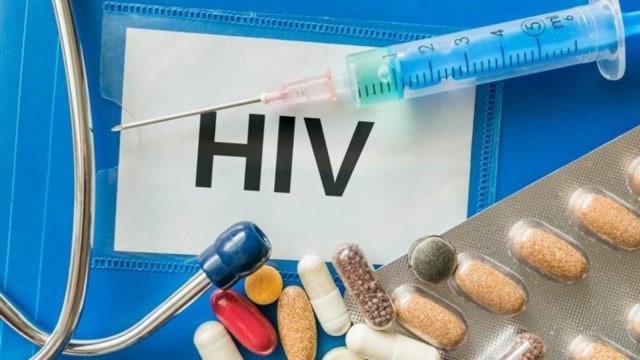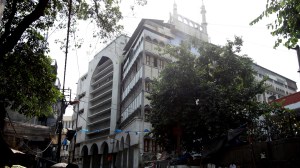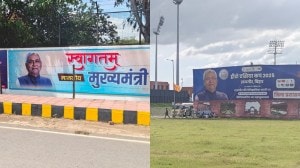Testing kits in short supply, HIV at-risk groups in Delhi raise alarm
Sources said the hospitals include state government-run Deep Chand Bandhu and GTB, and the MCD-run Hindu Rao hospital.
 According to Madhu, a coordinator at Space, there is a high possibility of an uptick in cases once testing restarts because of the lack of condoms as well.
According to Madhu, a coordinator at Space, there is a high possibility of an uptick in cases once testing restarts because of the lack of condoms as well. For the past six months, some Delhi hospitals and the Integrated Counselling and Testing Centre (ICTC) have been facing a shortage of HIV confirmation test kits. This has raised alarm bells among those most vulnerable to contracting the infection.
Sources said the hospitals include state government-run Deep Chand Bandhu and GTB, and the MCD-run Hindu Rao hospital.
Speaking to The Indian Express, Hindu Rao Hospital medical superintendent Dr Mukesh Kumar said there are three types of HIV tests — basic antibody, antigen/antibody, and nucleic acid. While the first is available, the latter two are not. “We have written to the Delhi government…In the interim, we have been sending patients to Lok Nayak Hospital,” he added.
A senior official from Deep Chand Bandhu Hospital said they too have been facing a shortage of kits and have been sending patients to higher centres. GTB hospital’s medical director remained unavailable for a response. An official source at the hospital, however, said it has not had the confirmation kits for the last six months.
A senior official at the ICTC, which provides HIV counselling and testing services, said the basic kit is available and they have been sending samples to Lok Nayak, where a private lab conducts the second and third tests. However, the procedure is time-consuming.
Sources in the ICTC claimed the shortage is because of a supply chain issue in the National AIDS Control Organisation (NACO) and Delhi State AIDS Control Society (DSACS).
According to Sanjay Gihar, Project Director, DSACS: “There was a slight shortage but we have now placed orders and will be getting (the kits) soon. From Wednesday, all centres will have some kits.” He said there was no supply chain issue from NACO’s end.
V Hekali Zhimomi, Additional Secretary & Director General, NACO, remained unavailable for comment.
NGOs working with sex workers claimed that apart from testing kits, there has also been a shortage of condoms and penicillin injections for the treatment of STDs for the last six months.
According to Rupika Dhillon, project director at Space, an NGO working on health and development with the LGBTIQ community, sex workers are at great risk of contracting HIV as a result. “… They are unable to know their HIV status… no one is paying heed to their plight,” she said.
The programme under which testing kits and other facilities are provided to the sex worker community is centrally funded through NACO, which provides funds to DSACS. The latter then distributes testing kits and condoms to NGOs working on AIDS prevention.
Himanshi, a transgender sex worker, said the government doesn’t care much about the LGBTQI community. “I’m afraid… what if I get the virus? Our families have disowned us and we don’t have enough money to manage on our own,” she added.
According to Madhu, a coordinator at Space, there is a high possibility of an uptick in cases once testing restarts because of the lack of condoms as well. “We haven’t got them tested for the last six months,” she added. She is currently working with around 3,000 transgender persons who are affected by the situation.







